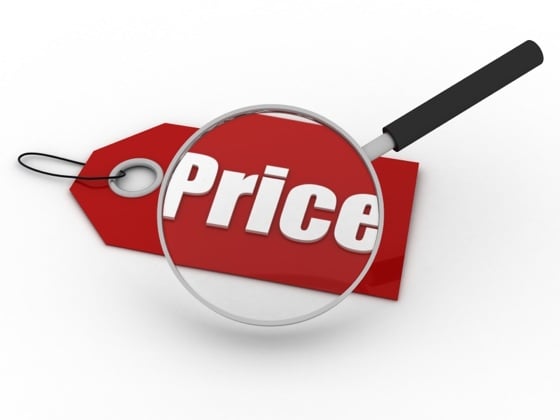A survey finds that cost is the most important factor for advisers when selecting exchange-traded funds. Service? Not so much.
ETF providers may not be thrilled with this bit of news.
According to a new study released by kasina LLC, cost is the most important factor financial advisers consider when choosing an exchange-traded fund. And advisers' quest for lower costs will put an even greater squeeze on ETF providers, the consultancy found.
Lowering prices may not be so easy in an already crowded marketplace. Currently, profit margins average a mere 19 basis points, according to kasina.
What's more, cost may be important to advisers, but it's not the only advantage they expect from their ETF providers, said Steven Miyao, chief executive of kasina.
The second-most-important factor for advisers when picking an ETF is liquidity. That was followed by transparency and tax efficiency, according to the survey.
One thing that was missing from the list? Service and support. But that doesn't mean advisers don't expect it, Mr. Miyao said.
“There are a lot of fringe benefits that advisers don't think about,” he said. “Consumers say they aren't influenced by advertising, but we know that there are things we are subliminally influenced by.”
For ETF providers to sell their products effectively, they need to know their audience, Mr. Miyao said. The kasina report identifies three segments of advisers: those who do not use or understand ETFs, those who use ETFs from a number of firms, and those who work with one or two firms consistently.
For ETF providers that are facing low margins and more competition, segmenting the advisers is the only way to be successful, according to kasina.
“It is very hard for ETF players to compete,” Mr. Miyao said. “If you can't compete on price, then you need to differentiate yourself with how you interact with advisers.”







